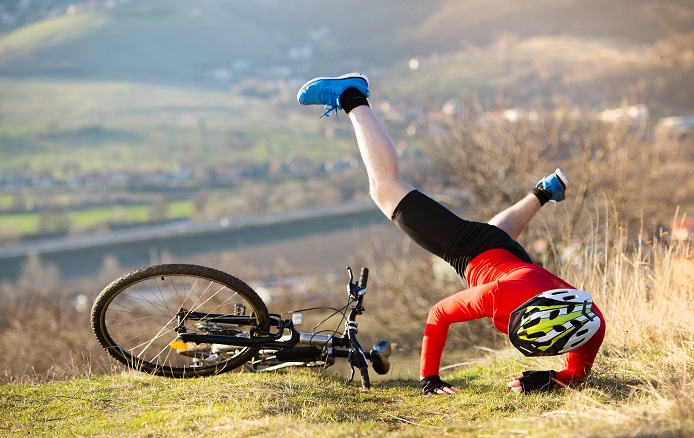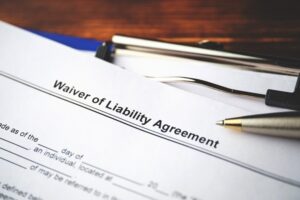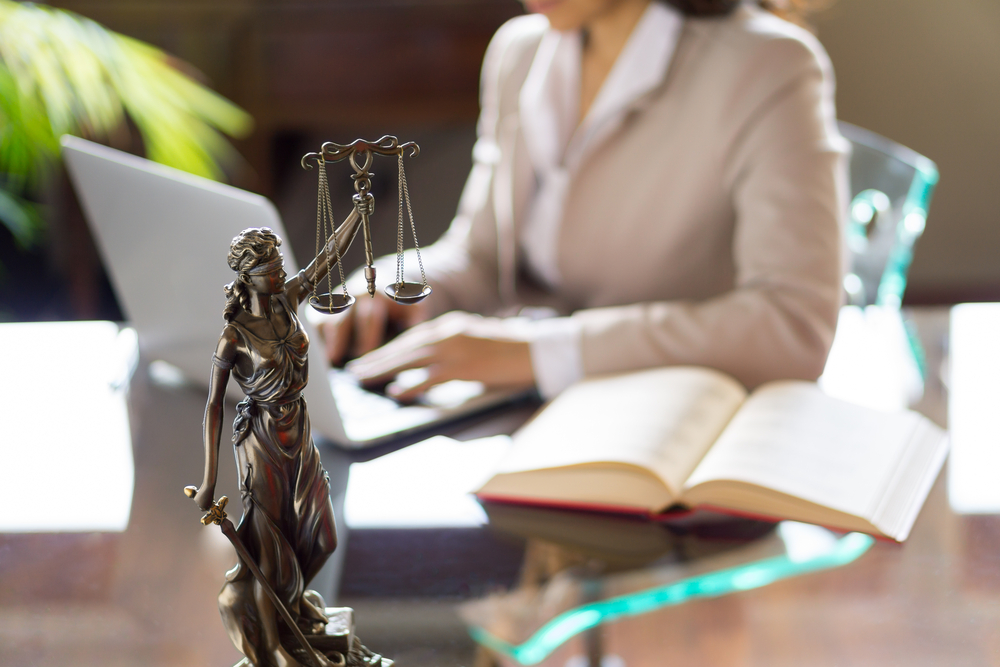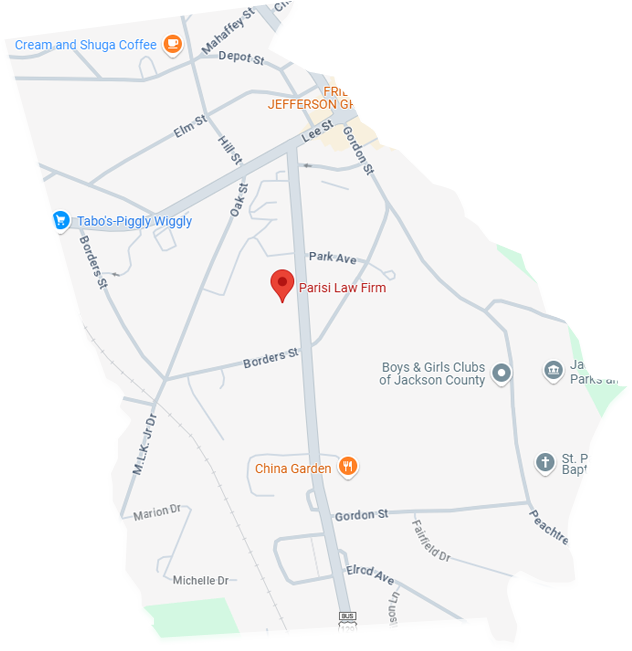Mountain biking can be an exhilarating way to enjoy the great outdoors. However, the thrill of speeding down rugged trails also comes with significant risks. When an accident happens, determining liability becomes critical, especially if severe injuries are involved. This article explores the complex legal landscape surrounding mountain bike accidents, liability waivers, and when seeking legal help might be necessary.
Understanding Mountain Bike Accidents and Legal Responsibility
A mountain bike accident can happen for a range of reasons—some within a rider’s control and others caused by external factors. Understanding who may be legally responsible requires analyzing the circumstances surrounding the accident. Was the rider at fault through reckless behavior? Did equipment failure or poor trail maintenance contribute? Or was a third party, such as another biker or vehicle, involved?
Legal responsibility in mountain biking often hinges on negligence. When someone is deemed negligent, they failed to act in a way that another reasonable person would under similar circumstances. Negligence could apply to riders, bike manufacturers, trail managers, or even property owners.
Common Causes of Mountain Bike Accidents
Mountain biking is inherently risky, but that doesn’t mean accidents are all unavoidable. Here are some of the most common causes of mountain bike accidents:
Rider Error
Human error is one of the leading causes of accidents. This includes instances where a rider misjudges a turn, rides too fast for trail conditions, or fails to wear the appropriate protective gear. When rider error is the sole cause, liability often falls on the individual.
Faulty Equipment or Bike Defects
Sometimes, the bike itself may be to blame. Defects in design or manufacturing can lead to brake failures, tire blowouts, or frame collapses. If a faulty bike or component caused the accident, the manufacturer or seller could be held liable.
Trail Maintenance Issues
Poorly maintained trails with hidden hazards such as unexpected drops, loose gravel, or fallen trees can create dangerous conditions. If a trail owner or manager fails to address these hazards, they might be held accountable for accidents that occur.
Collisions with Other Riders or Vehicles
When bikers collide with others—whether it’s another cyclist on the trail or a motorist crossing a trail intersection—fault can depend on the actions of both parties. Investigating who acted negligently is essential in these scenarios.
What Is a Mountain Bike Liability Waiver?
Many mountain bike parks and events require participants to sign a mountain bike liability waiver before they ride. These agreements aim to protect businesses or event organizers from being sued if a participant is injured.
What These Waivers Typically Include
A liability waiver usually includes language that states you accept the risks associated with mountain biking. It might also attempt to release the organization or property owner from responsibility for injuries, even if negligence played a role.
Are They Legally Enforceable in Georgia?
While liability waivers are commonly enforced, Georgia courts carefully review them. The enforceability often depends on how the waiver is written. If it’s overly broad, vague, or didn’t provide clear notice of the rights being waived, it might not hold up in court.
Exceptions and Limitations of Liability Waivers
Even with a signed waiver, there are scenarios where legal action is still possible. For example, waivers don’t typically protect organizations from gross negligence, intentional misconduct, or injuries caused by defective equipment provided by the event organizer.
When Can You Still Sue Despite a Waiver?
Despite signing a mountain bike liability waiver, you may still have a case under certain circumstances. Waivers generally don’t absolve an organization or individual from responsibility if they were grossly negligent. Examples might include a trail operator knowingly allowing unsafe conditions to persist or failing to maintain rental bikes properly. Consulting an experienced lawyer can help you determine whether your situation qualifies for legal action despite the waiver.
Seeking Legal Help: Why You Need a Lawyer for Personal Injury
If you’ve been injured in a mountain bike accident, navigating the legal challenges requires expertise. A lawyer for personal injury can step in to protect your interests and maximize your compensation.
Investigating Negligence or Fault
An attorney can thoroughly investigate the accident to uncover evidence of negligence. This might involve inspecting the crash site, interviewing witnesses, or hiring experts to assess equipment failures or trail conditions.
Navigating Waivers and Legal Complexity
Understanding the specific language of a liability waiver and its enforceability is key. Legal professionals can determine whether the waiver is valid or if exceptions apply in your case.
Maximizing Compensation After a Bike Accident
A lawyer works to ensure that you receive fair compensation for medical expenses, lost income, and other damages. They’ll fight to recover the maximum amount you’re entitled to, factoring in all short-term and long-term consequences of the injury.
Contact Parisi Law Firm for a Free Consultation
If you’re dealing with the aftermath of a mountain bike accident, the team at Parisi Law Firm is here to help. We specialize in personal injury cases and understand the unique challenges posed by these incidents. Our experienced attorneys are ready to discuss your case, explain your legal options, and fight for the compensation you deserve. Contact us today for a free consultation. Don’t leave your future to chance—get the professional legal support you need.








